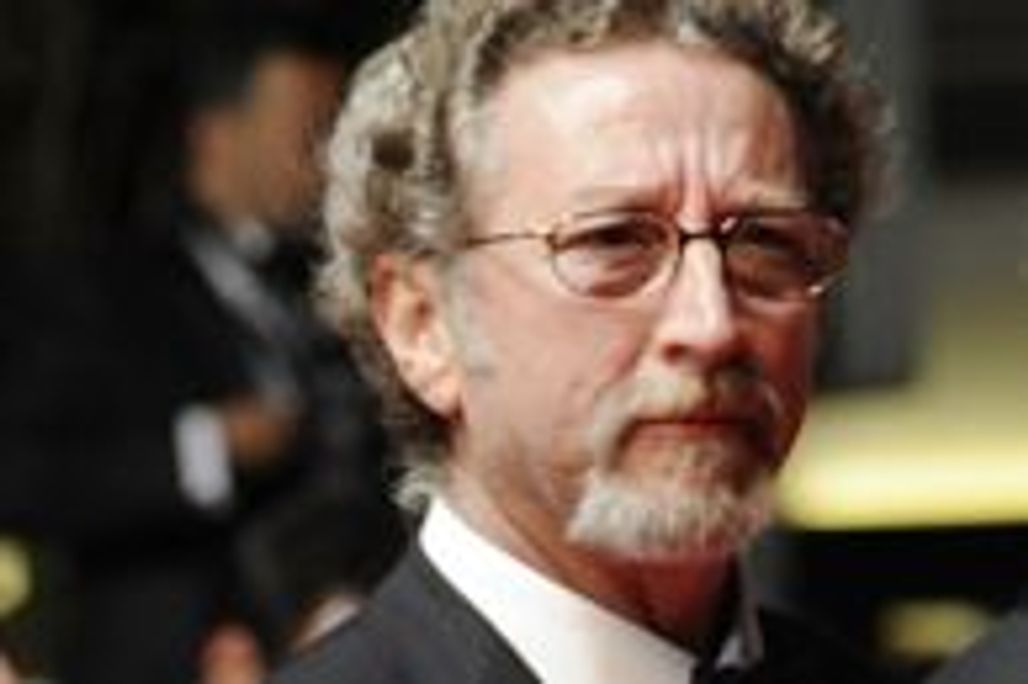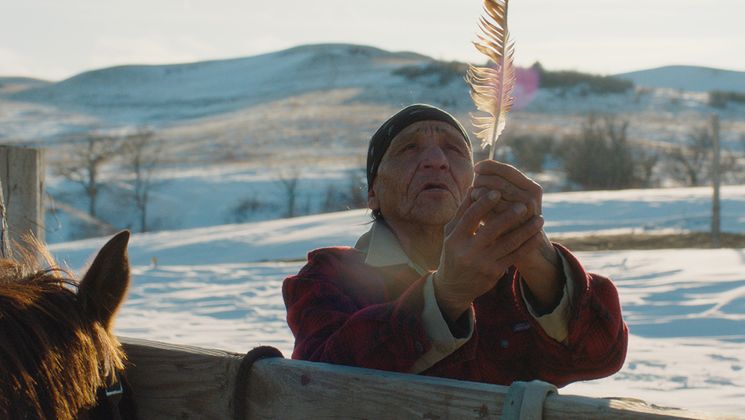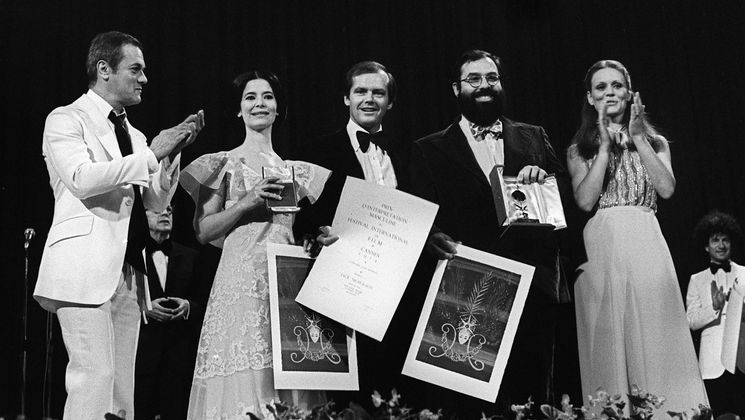
Guédiguian goes back to his roots

Two years after portraying Paris under the Occupation in L’Armée du Crime (The Army of Crime), the filmmaker returns to his cinematic roots and favourite actors with another one of the social commentaries that are his stock in trade. Les Neiges du Kilimanjaro was filmed in L’Estaque, the area of Marseille where he was born, and is being presented at Un Certain Regard.
Robert Guédiguian is keen to explain the origin of his feature film, which is inspired by the depths of a Victor Hugo poem called “Les pauvres gens”. “The end of the poem,” explains the director, “is deeply moving. When I read it, I thought immediately that it would make a wonderful end to a film. Then I just had to find a contemporary way of getting to that point.“
The director found that way in L’Estaque, Marseille where he grew up. Les Neiges du Kilimanjaro returns to the formula that has made Robert Guédiguian a talented exponent of social commentary, from Dernier Eté (Last Summer – 1980), which he also filmed in his childhood town, to Lady Jane (2009), not forgetting Marius et Jeannette (Marius and Jeannette – 1997), his most successful film so far.
Guédiguian has gone back to actors that he worked with at the beginning, as if wanting to get back to his roots – Ariane Ascaride, Gérard Meylan or Jean-Pierre Darroussin, with a few young actors like Grégoire Leprince-Ringuet, who he directed in L’Armée du Crime (The Army of Crime).
Les Neiges du Kilimanjaro refers to a song that is performed at a family gathering by Michel and Marie-Claire’s grandchildren, a couple whose family and social life is full of peace and happiness. But the raw aggression that to which they fall victim and the discovery of the perpetrator, a former colleague of Michel’s in need, throws them into confusion.
The film aims to restore the idea of an awareness of social class in a world that, according to the director, is completely bereft of it.
B.P.
The film will be screened on 14 May at 2pm and 10pm, Debussy Theatre.


